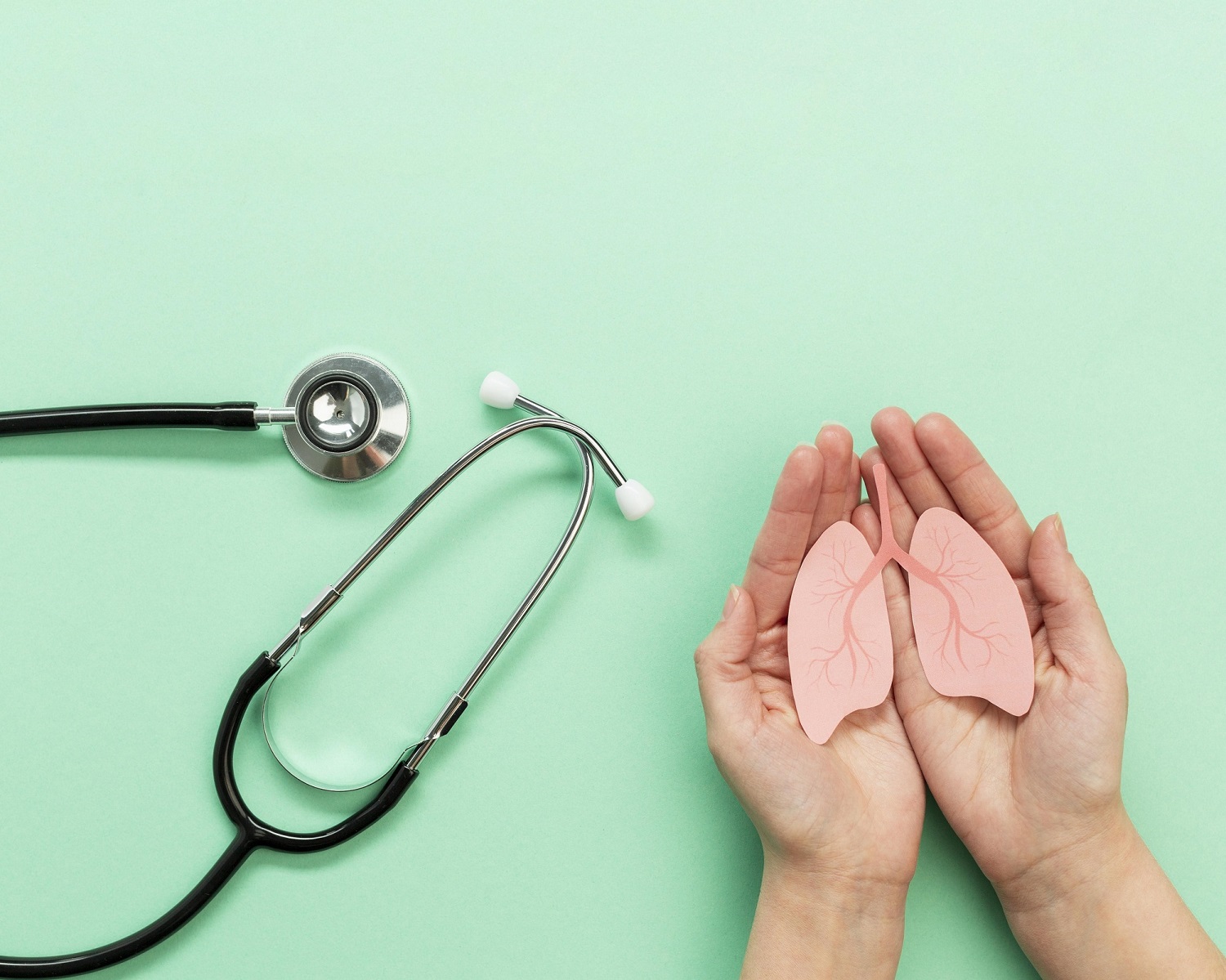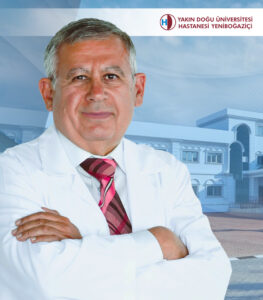
To prevent liver fat accumulation, alcohol consumption should be limited, and dietary changes should be made to promote weight loss. A diet rich in nutrients, low in saturated and trans fats, and not excessive in calories is recommended.

Uzm. Dr. İlksoy İKİBİROĞLU
Department of Internal Medicine
Fatty Liver
The accumulation of fat within liver cells, resulting in fatty liver, is influenced by factors such as obesity, insulin resistance, sedentary lifestyle, and nutritional disorders. Therefore, it is crucial to be aware of the symptoms of fatty liver. When symptoms start to appear, it is advisable to consult a specialist in internal medicine immediately. The liver, being a regenerative organ, exhibits a more successful and rapid recovery process when diagnosed early.
The liver, the body’s second-largest organ, controls all nutrients absorbed and plays a crucial role in maintaining overall health. Maintaining a healthy liver enhances one’s quality of life. Fatty liver is a condition that poses a risk to liver health.
Primary symptoms include:
- Fatigue: Constant weakness and fatigue are significant indicators. Cells filled with fat cannot function properly, disrupting liver functions.
- Nausea: Inability of the liver to effectively cleanse harmful substances from the blood leads to an increase in toxic substances, causing nausea.
- Appetite Issues and Weight Loss: The liver breaks down fat molecules with bile secretion, aiding digestion. However, fatty liver disrupts this digestive process, leading to loss of appetite and weight loss.
- Abdominal Pain: Increased liver volume due to fat accumulation stretches the membrane, causing pain in the upper right abdomen.
- Confusion and Drowsiness: Advanced fatty liver can lead to liver infection and cirrhosis, resulting in jaundice, confusion, and drowsiness.
In addition to these main five reasons, symptoms such as bad breath and body odor, bloating, hemorrhoids, increased body temperature, redness in the eyes and palms, itching, and redness on the skin should also raise concerns about fatty liver. The connection between fatty liver and acne is debated and not clear. The question of what helps with fatty liver can only be answered through examination and testing by an internal medicine specialist. Treatment methods and processes vary from person to person.